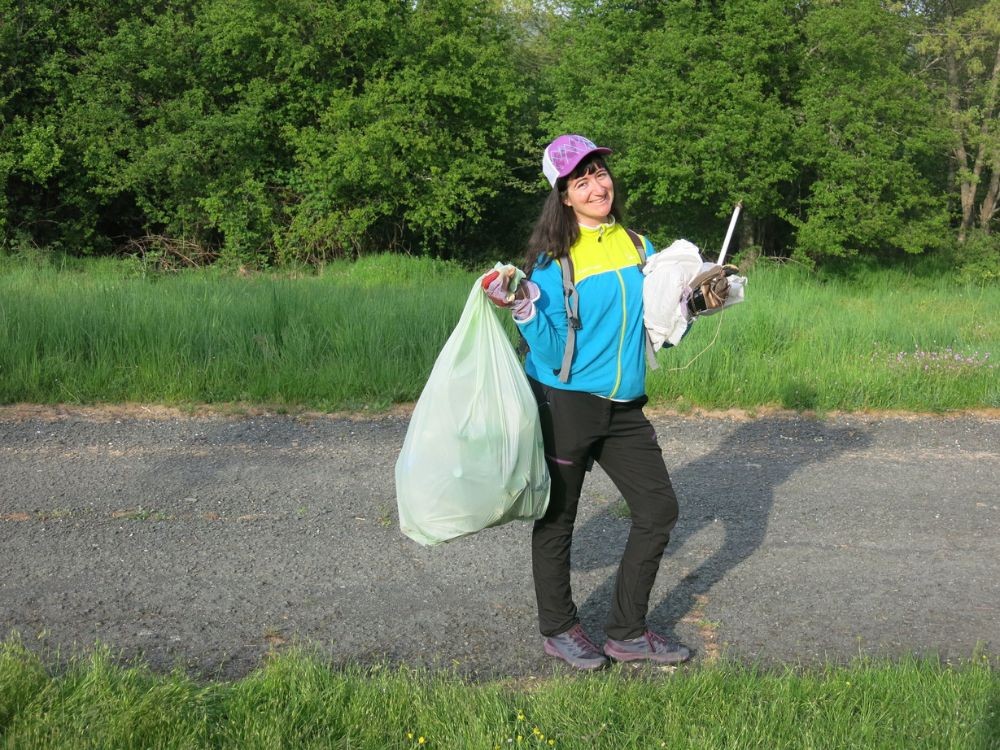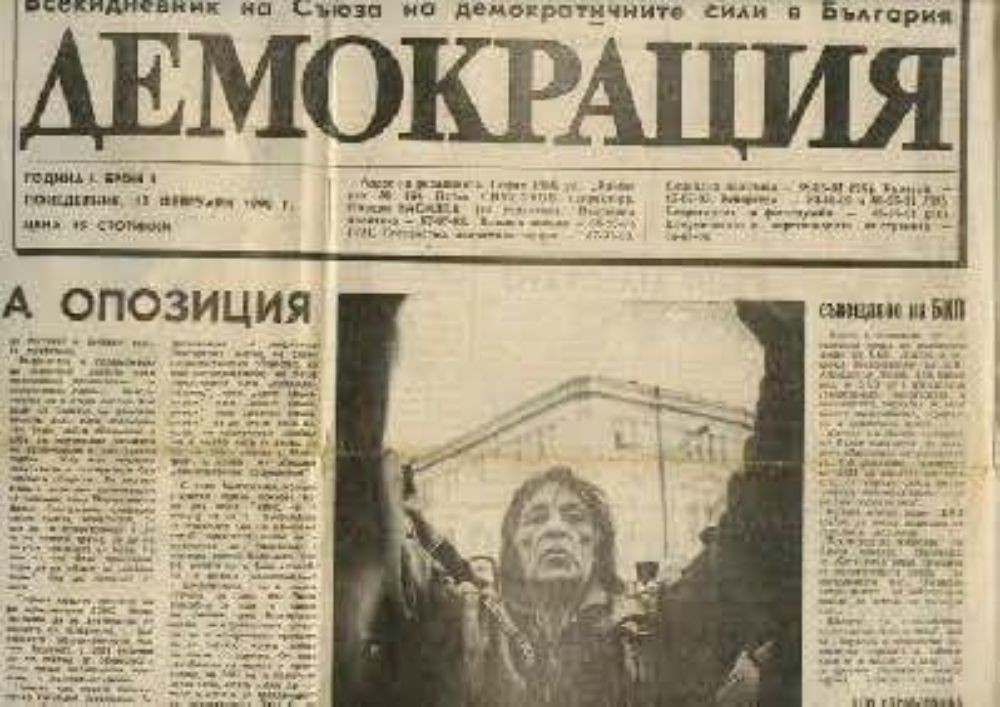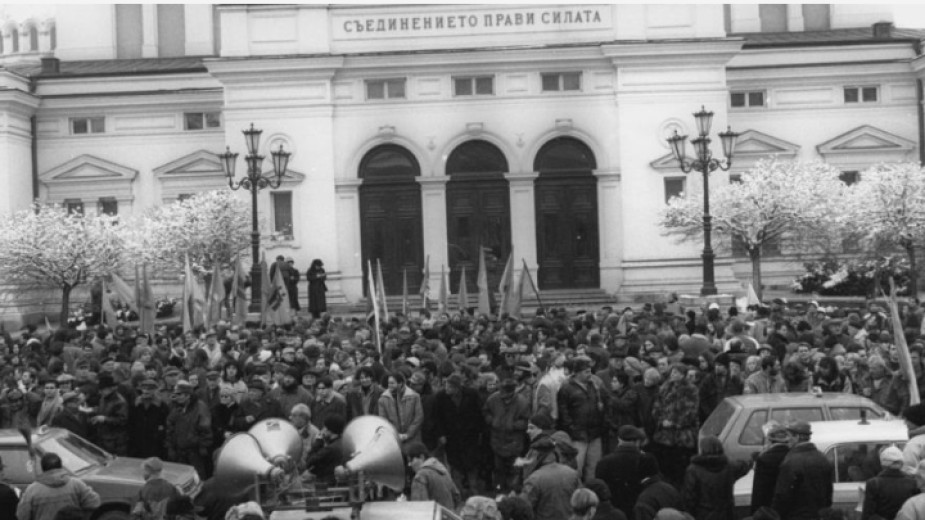For her, as for most of her contemporaries, "democracy" has a special connotation. "I was very young when I first heard the word, and I feel that it has always been a part of my life," she recalls. Meet Danita Zarichinova - environmentalist, civil rights activist and... a child of Bulgarian democracy. She was born soon after 10 November 1898. The date was a turning point, marking the beginning of Bulgaria's slow and painful transition to a market economy and Euro-Atlantic integration.

"I am really a child of democracy because I was born at the beginning of the 1990, more precisely on 12 February, when the first issue of the 'Democracy' newspaper (the first independent newspaper after the fall of the totalitarian regime in Bulgaria - ed.) was published. I was born at the time of the first democratic protests and this has shaped me as a person, because my whole family has an active civic position".

Danita's childhood was marked by many unpredictable turns and twists, uncertainty, political tension and social unrest. Some of her earliest memories are of street protests. In 1997, the socialist government of Jean Videnov was in power, triggering several crises - grain, financial, political, hyperinflation approaching a staggering 243% - and the streets and squares were filled with angry citizens:
" I have a very vivid memory of the big protests when I was 7. I remember the square, the people, the freezing cold. I remember putting a sticker of the lion of the Union of Democratic Forces SDS (the party of change at the time - ed.) in my notebook in first grade. But I also remember the hard times when there were no basic foodstuffs in the grocery shops. My family was always talking about politics. They took me to all the protests. After the elections, we watched the nightly press conferences together. It was the only time I was allowed to stay up late. But the truth is that that feeling of insecurity that we had as children shaped us, and so did the freedom and the fact that we were living in a time when many things were happening before our eyes," Danita Zaricinova told Radio Bulgaria in an interview.

Have we Bulgarians come to terms with our totalitarian past? Have we learned any lessons? No, of course not!
"There are people who still feel nostalgia for socialism, without realising that it is nostalgia for their youth, and they look back with starry eyes on a regime that halted Bulgaria's development as a European country for 45 years," says Danita.
But today, more than three decades after that memorable date of November 10, time seems to have come full circle and we seem to be back to square one.
"On the one hand, I am very concerned about the situation, about Russia's influence on Bulgaria, which is still very strong, about the manipulation of opinions, fake news... Social media contribute a lot to all this. But at the same time, I think that a more critical civil society is emerging in our country. These are people who are not looking for the next messiah to "save" us, but who want to see change in the long term. In fact, it is quite interesting to be a child of democracy, to be part of a society that you have the opportunity to change for the better," Danita Zarichinova concluded.
Security cameras captured a bear in a residential neighborhood of the town of Karlovo a few days ago. The predator came down to the houses in the northern part of the town and walked calmly along the streets until it was startled by a passing car...
The Day of the Christian Family is an annual event that brings Bulgarians in Hamburg together. 2025 is no exception, with invitations having been circulating on social media for some time, as this year marks the 20th anniversary of the establishment of..
Kosovo is heading for early elections after nine months of failed attempts to form a government Kosovo President Vjosa Osmani has dissolved Parliament, Koha Ditore reports. This decision came after the proposed cabinet, put forward by Glauk..

+359 2 9336 661
